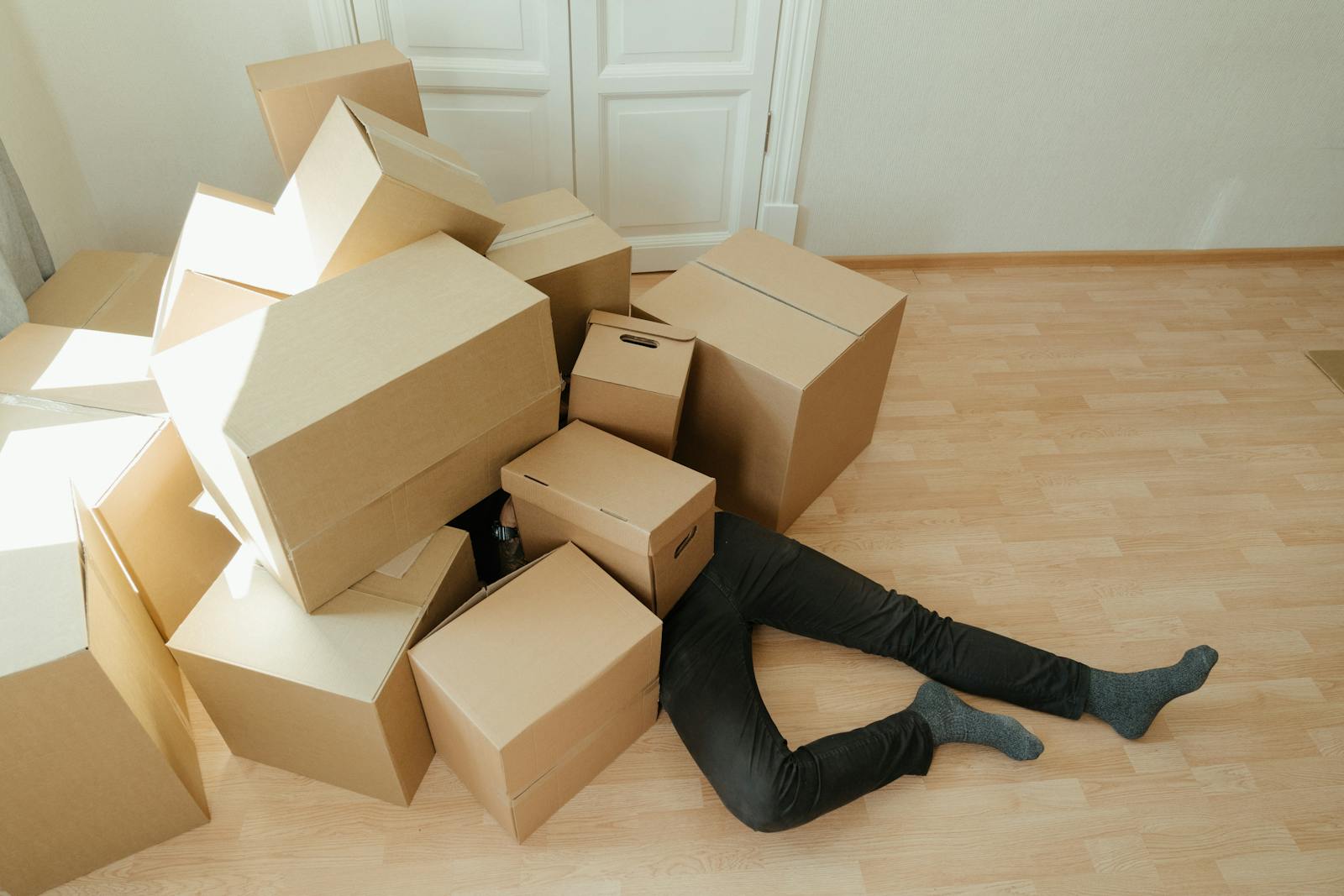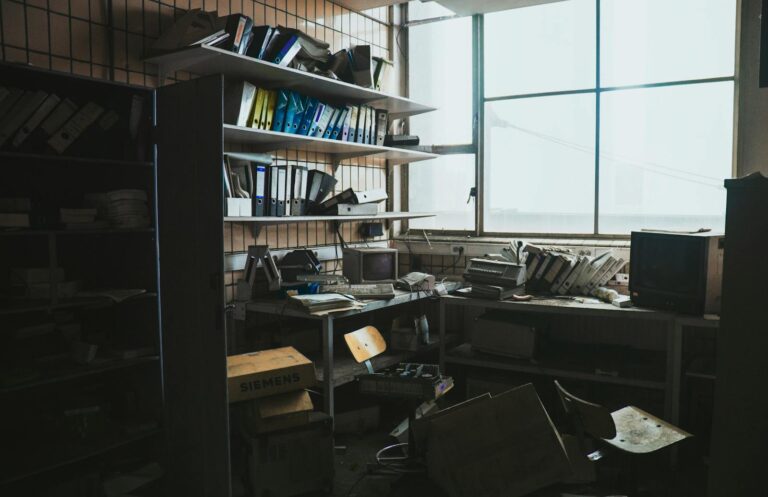Hoarding disorder affects more than just a person’s home—it can lead to serious health and safety risks for the individual, their family, and even their neighbors. While hoarding is often viewed as a clutter problem, the real dangers go far beyond piles of belongings.
In this guide, we’ll explore the hidden dangers of hoarding, how it impacts health and safety, and where to get help in New York City.
What is Hoarding Disorder?
Hoarding disorder is a mental health condition where individuals have extreme difficulty discarding possessions, even those with little to no value. Over time, clutter builds up, creating dangerous living conditions.
Signs of hoarding include:
- Difficulty throwing things away
- Extreme attachment to items
- Rooms becoming unusable due to clutter
- Social isolation and embarrassment about one’s living situation
Without intervention, hoarding can result in severe physical and emotional consequences.
The Hidden Dangers of Hoarding
1. Fire Hazards and Safety Risks
- Blocked exits can make it difficult to escape during a fire or emergency.
- Stacks of newspapers, clothing, and trash increase the risk of fires spreading quickly.
- Overloaded electrical outlets and hidden damaged wiring raise the chance of electrical fires.
New York City fire safety experts recommend keeping at least a three-foot clearance around all exits and heat sources.
2. Increased Risk of Falls and Injuries
- Cluttered walkways make tripping and falling more likely, especially for older adults.
- Stacks of items can collapse, leading to serious injuries.
- Emergency responders may struggle to enter the home during a crisis.
Clearing hallways, stairs, and exit routes should be a top priority when addressing hoarding-related hazards.
3. Mold, Pests, and Air Quality Issues
- Dust and mold thrive in cluttered environments, leading to respiratory issues and allergies.
- Rodents and insects often infest hoarded homes due to hidden food and trash.
- Poor ventilation can worsen air quality, increasing the risk of illness.
Severe hoarding cases may lead to housing code violations and legal action from landlords or city agencies.
4. Emotional and Mental Health Effects
- Many hoarders experience social isolation, avoiding visitors due to shame or embarrassment.
- Anxiety and depression often worsen in cluttered, overwhelming living spaces.
- Family relationships may become strained as loved ones struggle to help.
Support from mental health professionals and local hoarding resources can make a significant difference.
How to Get Help for Hoarding in NYC
If you or someone you know is struggling with hoarding, there are free and professional resources available.
NYC Hoarding Cleanup and Support Resources
- NYC Adult Protective Services (APS) – Assistance for at-risk adults who need help managing hoarding-related issues
- Contact: Call 311
- Hoarding Task Force NYC – Support for tenants facing eviction due to hoarding
- Visit NYC.gov and search “Hoarding Task Force”
- NYC Department of Sanitation (DSNY) – Bulk trash and hazardous waste removal services
- Contact: Call 311 to schedule a free pickup
- Professional Hoarding Cleanup Services – If the situation is severe, hiring a trained cleanup team ensures safe and efficient decluttering. Contact NYChoards.com
Steps to Take Action Today
If hoarding is affecting your health, safety, or well-being, here’s what to do next:
- Reach out for help by contacting a support group, therapist, or cleanup service.
- Start small by focusing on one area at a time to make cleanup manageable.
- Ask for support from family, friends, or professionals.
- Make a plan by setting realistic decluttering goals and sticking to them.
Taking action today can help prevent serious health risks and legal issues, making your home a safer, more comfortable space.
Final Thoughts: A Fresh Start is Possible
Hoarding can feel overwhelming, but help is available. Whether you need a support group, therapy, or professional cleanup services, New York City offers free and affordable resources to assist.
If you or a loved one is struggling with hoarding in NYC, don’t wait—seek support today.
Need professional cleanup help? Contact NYC Hoards for compassionate, discreet service.


